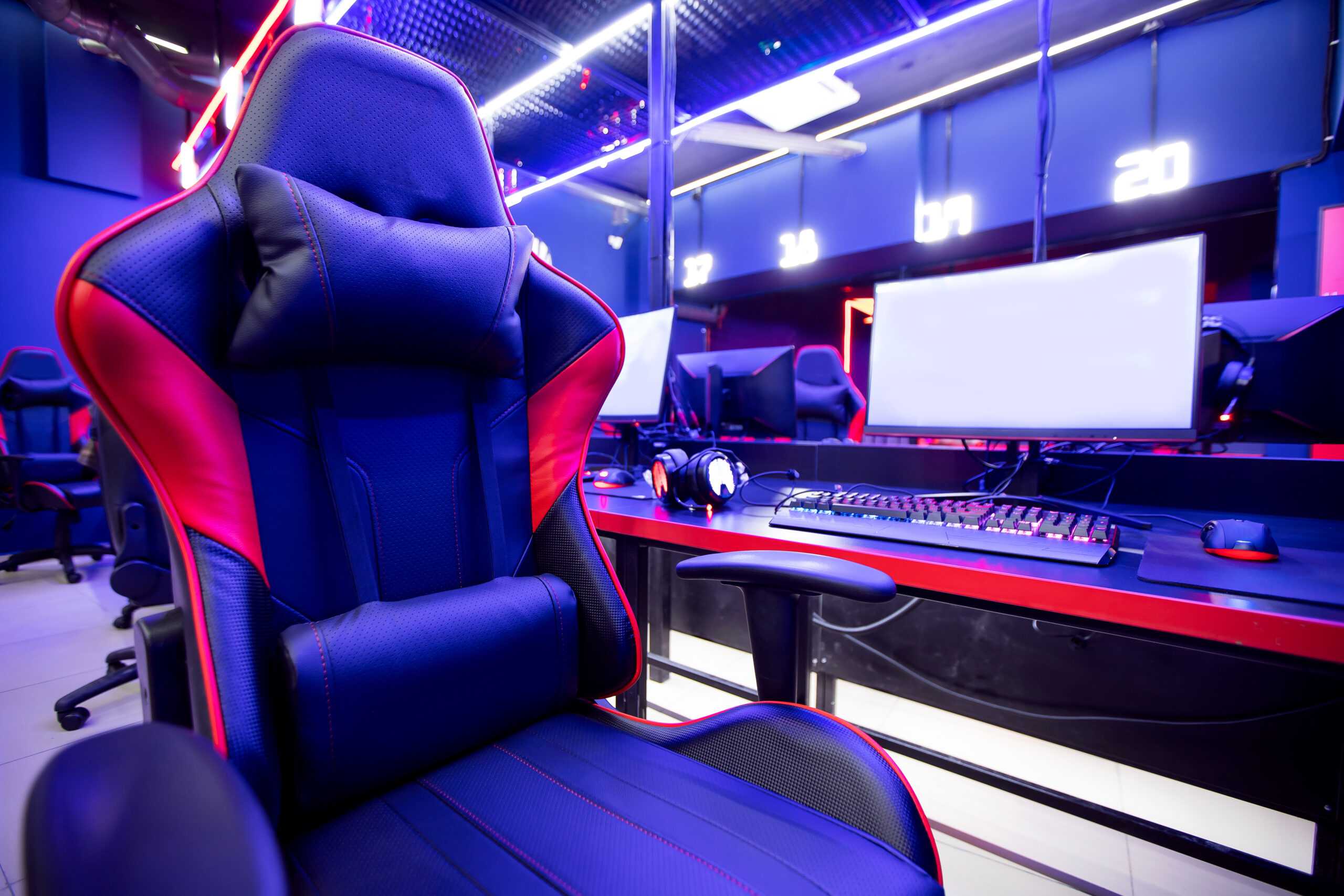For the majority of esports organizations, 2020 was an incredibly challenging year, with teams’ values either stagnating or dropping. With many live competitions either shifted online or, in some cases, canceled outright, organizations had to quickly evolve their business strategies to make up for lost revenues, ticket sales, sponsorships, and in-person merchandising. Fan engagement initiatives have played a clear role in esports orgs rising to meet the challenge.
Team Liquid, for example, recently launched its free engagement app – Liquid+. The app enables fans to gain “experience points” by completing “quests” (such as watching videos) and raising their fan ranking; Liquid+ members can earn status perks and win sponsored prizes from partners like Alienware. This approach removes any barriers to adoption since it’s free (unlike offerings from Cloud9 and others), and the org’s fan platform wisely leverages gamification tactics to incentivize its audience to engage with the team’s content more frequently.
Meanwhile, Nerd Street Gamers, which recently raised $11.5 million to grow its digital platform, has shown resilience in building its $5 a month subscription business – the company had relied on physical venues before the pandemic, but its digital platform gives fans access to tournaments and camps to hone their skills from home.
On the broadcast side, startup VENN recently secured the linear rights to the ultimate engagement league, Fan Controlled Football (FCF), which cedes control of on-the-field plays, staffing and GM decisions, and more completely to the fans. While FCF is real football, not an esport, it is attracting people from the world of gaming/esports as team co-owners, including Ronnie “Ronnie2K” Singh, the director of sports business operations for NBA2K, YouTube influencer Deestroying, and gaming celebrity Greg Miller, host of Kinda Funny. VENN is also putting esports celebrities in the spotlight, offering fans an opportunity to better connect with the teams, players, and influencers they’re already following.
At their core, all these initiatives are tapping users’ desire for immersion to drive participation with esport and sponsor brands. The opportunity to capitalize on the highly engaged esports fan is sizable – according to Interpret’s New Media Measure®, 92% of esports viewers in the US play the esports games they follow for at least 1 hour each week, with 90% watching videos about the games, and 75% watching live matches.






